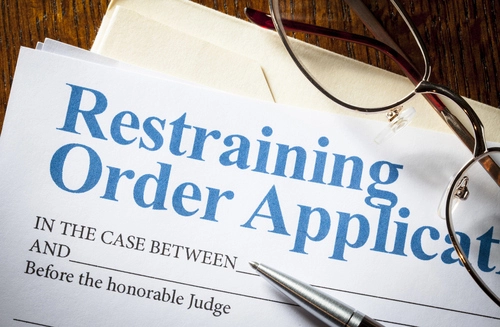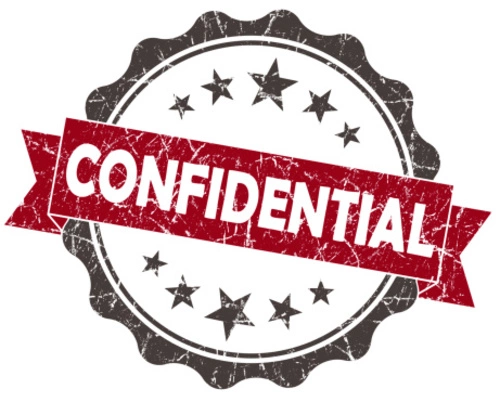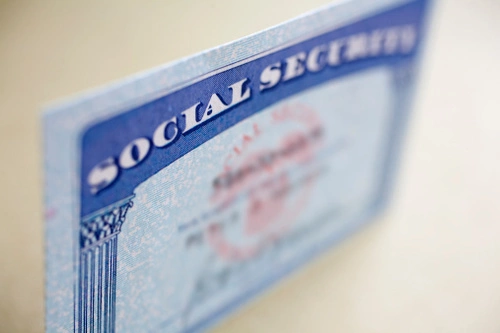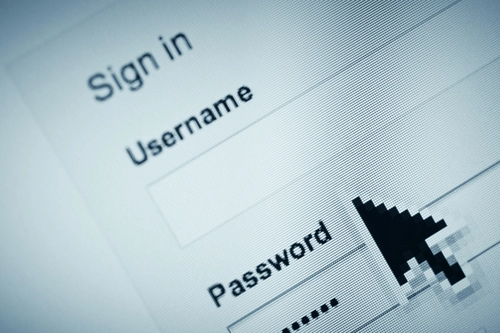1. Select a discrete app icon.

notes
When Abusers Threaten Revenge Porn
When abusers share sexually explicit images without your permission
- Sep 30, 2016

Nothing ever really disappears from the Internet, and that’s exactly the threat some abusers are using against their victims.
Imagine sending a sexually explicit photo of yourself to your partner or spouse during a time when you trusted that person. Later on, things head south. You realize this person is actually a wolf in sheep’s clothing and before you know it, you’re living in an abusive nightmare. Now, your abuser threatens to share that X-rated photo with his or her friends, your family members, your boss, or maybe the entire world unless you concede to whatever his or her controlling demands are.
This is referred to as “revenge porn”—the distribution of sexually graphic images of individuals without their consent, even if there was consent at the time the image was taken. It can also apply to images or video taken without a victim’s consent, such as those a survivor is coerced or forced into submitting to, or images or video taken without the victim’s knowledge.
The term “revenge porn” is not an actual classification of a crime, but rather an over-arching terminology that can describe copyright infringement, digital abuse, stalking, nonconsensual pornography and other similar offenses.
One recent example is the widely televised case of Erin Andrews, the TV personality who was unknowingly videotaped through a peephole in her hotel room door. The video, which showed her undressing, was posted on the Internet where more than 16 million people were estimated to have watched it. The man who took the video, Michael David Barrett, was sentenced to 2 ½ years in prison and was ordered to pay more than $28 million in a civil suit. The hotel where the illegal video was taken was also found negligent and was ordered to pay Andrews more than $26 million. While Barrett was ultimately convicted of stalking, this case still falls under the “revenge porn” umbrella, say experts.
Only 27 States Consider It Illegal
Currently, just 27 states have laws against nonconsensual pornography and another 11 states have pending legislation related to this crime. And the laws vary from state to state, “which can be a nightmare for victims trying to figure out what their state considers illegal,” says Professor Mary Anne Franks, vice president and legislative and tech policy director of the Cyber Civil Rights Initiative, under which an effort called EndRevengePorn.org began. Before Franks and her coalition began legislating for revenge porn laws in 2013, only three states had laws that made nonconsensual pornography illegal.
Franks says this lack of legislative control speaks to the disproportionate way laws are constructed regarding women’s issues. “When it comes to things like violence against women, it takes a while [for lawmakers] to realize these are issues we should take concern with.”
Franks believes there are “depressingly huge numbers” of victims of revenge porn who are currently fighting for justice in the court system.
“We provide a hotline and we’re hearing from 20 to 30 new victims a month. And that’s just the people who have heard about us.”
Revenge Porn as a Tactic for Abusers
When it comes to cases of domestic violence, revenge porn is yet another tactic abusers use to exert control, says Spencer Coursen, a security expert with the Coursen Security Group and former Special Deputy United States Marshal. Coursen also provides consulting to Becky’s Fund, a domestic violence advocacy group in Washington, D.C.
“Most of the scenarios I’ve come across with clients involve ex-boyfriends trying to maintain a personal bond with their former lovers. Other times, it's stalkers attempting to exploit vulnerability over their victims. Both typically include some variations of, ‘I have photos/videos of you, and if you don’t send me more, I’m going to post/share/send the ones I already have to your new boyfriend/boss/dad.’”
To prevent falling victim to this, the obvious answer might seem to be avoid taking sexually explicit photos in the first place. But, that turns the blame around on the victim when it’s the perpetrator who is threatening to use the photos as a tactic for abuse.
“When you’re in a healthy relationship built on mutual trust, no one’s thinking 10 years down the road and what might happen if your partner turns out to be an abuser,” says Coursen. “If you’re going to [take images like this], do it in a way that your face isn’t in the photo or filter or edit them so there are no identifying traits.”
Is pressuring someone to send sexually explicit images a red flag in a relationship? Definitely, Coursen says. “Demanding these types of images is a power dynamic. It’s the abuser saying, ‘How much control do I have over you? If I say, do this, are you going to do it?”
What Can You Do?
If you’re a victim of revenge porn, here are some things you can do:
Take action early. “The human mind is such that it almost defaults to avoidance—I’m not going to think about it. But early detection and going to someone trusted for help is the most effective course of action,” says Coursen. In other words, start taking action against your abuser or stalker as soon as he or she threatens to take a sexually explicit image public by contacting law enforcement.
Franks says victims can include stopping the distribution of revenge porn into a restraining order against one’s abuser. However, she also warns victims how this course of action could backfire. “The reason we caution victims is that sometimes, you get terrible judges who will say, ‘It’s your own fault and [the abuser] can do whatever he wants with those images.’ But, you can also get a fantastic judge who can help you. Every situation is different and the victim knows what [their abuser] is likely to do.”
Get someone on your side. Contact a trained advocate through your local domestic violence organization, says Coursen. He advises making this call before you contact local law enforcement. “Unless [local law enforcement] has an SVU [special victims unit] type of agency or someone specifically trained in handling this [revenge porn], they’re most likely just going to come out and take a report. They may not give it that personal attention or be as effective as someone at an advocacy support center. An advocate will likely bring in law enforcement, but they’ll be able to do it in such a way that there’s an effective liaison.”
Franks agrees. “Law enforcement should tell you, in those 27 states where laws against this exist, that your abuser can’t do this. But cops don’t always know this, or sometimes, unfortunately, they don’t care.
Talk to Google. Google created this form to request that images or personal information be taken out of their search results, including “personally identifiable nude or sexually explicit photos or videos shared without consent.”
Speak to the experts. You can call the End Revenge Porn Crisis Line at 844-878-CCRI. Trained advocates are available 24 hours a day, seven days a week to help answer any other questions you have.
Looking for someone to speak with? Enter your location to find phone numbers for domestic violence experts in your area.
Have a question about domestic violence? Type your question below to find answers.








